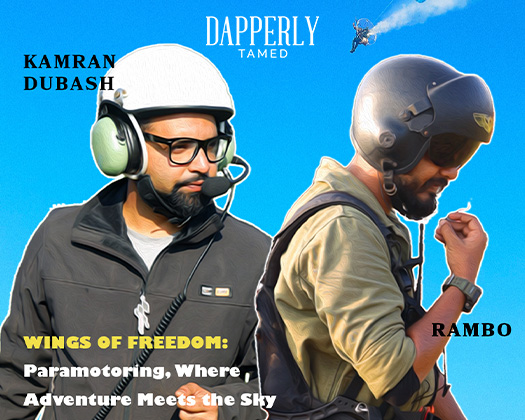Unique and Interesting Cultures around the World
Human civilization is a tapestry woven with diverse threads of cultures, each contributing to the rich fabric of our global heritage. From ancient traditions to contemporary lifestyles, the world is home to a myriad of fascinating cultures that reflect the creativity, beliefs, and values of different communities. Let's embark on a journey to explore some unique and intriguing cultures that make our planet a vibrant and colorful mosaic.
- Maasai People - Kenya and Tanzania
The Maasai, residing in Kenya and Tanzania, are known for their distinctive customs and vibrant clothing. Adorned in colorful beadwork and adorned with intricate jewelry, the Maasai are pastoralists who maintain a deep connection with their cattle. Their traditional jumping dance, the "Adumu," is a captivating spectacle, symbolizing strength and vitality.
- Himba Tribe - Namibia
In the arid landscapes of Namibia, the Himba people have preserved their ancient way of life. Renowned for their intricate hairstyles, often adorned with ochre and resin, the Himba have a deep spiritual connection with nature. Their red-tinged skin, a result of applying a mixture of butter, fat, and ochre, is a distinctive feature that sets them apart.
- Huli Wigmen - Papua New Guinea
In the remote highlands of Papua New Guinea, the Huli Wigmen engage in a unique practice of creating elaborate wigs using human hair and natural fibers. These wigs, adorned with vibrant colors and feathers, play a crucial role in cultural ceremonies. The Huli people believe that wearing these wigs imparts strength and spiritual power.
- Sámi People - Scandinavia and Russia
The indigenous Sámi people, residing in the Arctic regions of Scandinavia and Russia, have a rich cultural heritage centered around reindeer herding. Their traditional clothing, known as "gákti," varies based on family and regional affiliations. The Sámi are also known for their intricate yoik, a form of traditional song, and their unique connection with the Arctic environment.
- Maori Culture - New Zealand
The Maori, the indigenous people of New Zealand, have a profound cultural heritage expressed through their traditional dance, the haka. Intricate wood carvings, facial tattoos known as "moko," and the concept of "whakapapa" (genealogy) are integral to Maori identity. The Maori people have a deep spiritual connection with the land, or "whenua."
- Yi People - China
Residing in the mountainous regions of China, the Yi people have a rich cultural tapestry woven with ancient traditions. Known for their colorful costumes and unique homes, the Yi celebrate various festivals with traditional dances and songs. The Dongba script, a unique pictographic writing system, is a cultural treasure preserved by the Yi.
- Inuit Culture - Arctic Regions
The Inuit, indigenous to the Arctic regions of North America, Greenland, and Siberia, have a culture adapted to extreme cold climates. Their art, including intricate soapstone carvings and vibrant prints, reflects their connection with the natural world. The Inuit have a rich oral tradition, passing down stories and legends through generations.
- Tuareg People - Sahara Desert
Nomadic inhabitants of the Sahara Desert, the Tuareg people are known for their indigo-dyed clothing and distinctive veils. Renowned as skilled traders and artisans, the Tuareg have a matrilineal society where women play a significant role. Music, particularly the use of the traditional string instrument known as the "tende," is an essential part of Tuareg culture.
- Ainu Culture - Japan
The Ainu, Japan's indigenous people, have a unique culture deeply rooted in animistic beliefs. Recognized by their intricate tattoos and traditional clothing, the Ainu have a spiritual connection with nature and revere animals such as bears. Traditional Ainu ceremonies involve rhythmic dances and rituals celebrating the natural world.
- Māori Haka - Aotearoa (New Zealand)
The Māori Haka is a powerful and iconic tradition of the Māori people of New Zealand. It is a ceremonial dance that involves vigorous movements, rhythmic chanting, and facial expressions. The Haka holds deep cultural significance and is performed on various occasions, including celebrations, funerals, and to welcome guests.
Exploring these diverse cultures offers a glimpse into the vast tapestry of human experiences. Each culture is a unique chapter in the story of humanity, contributing to the collective heritage that binds us together. As we celebrate our differences, let us also appreciate the common threads that weave us into the rich and intricate fabric of global culture.








